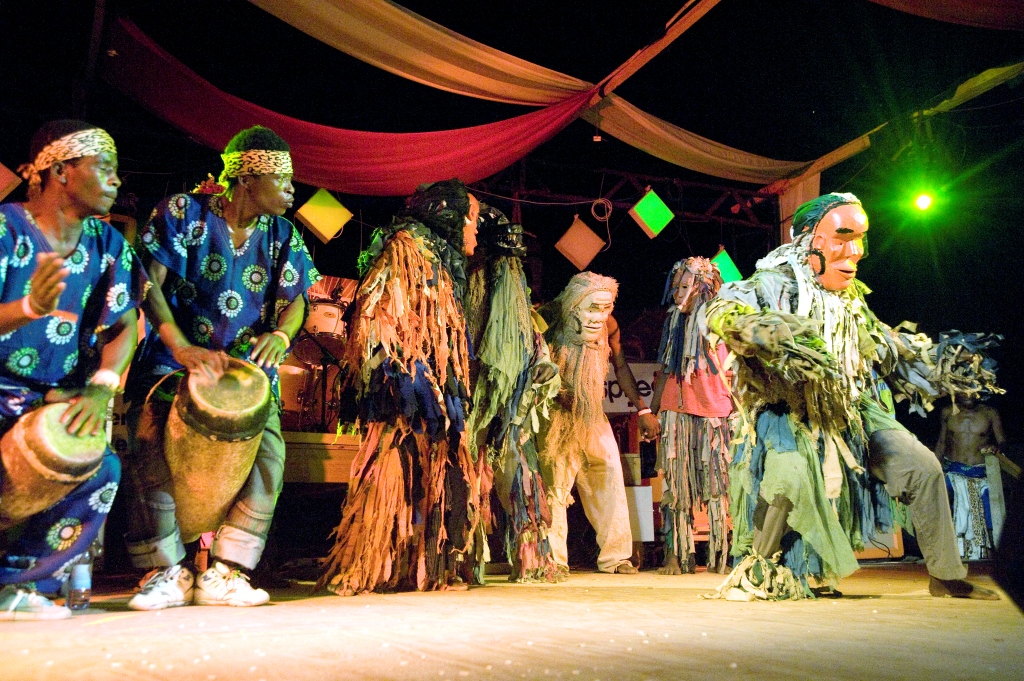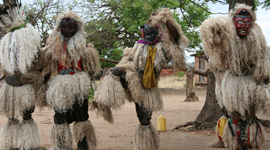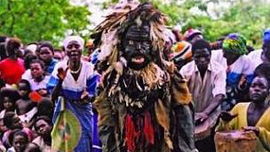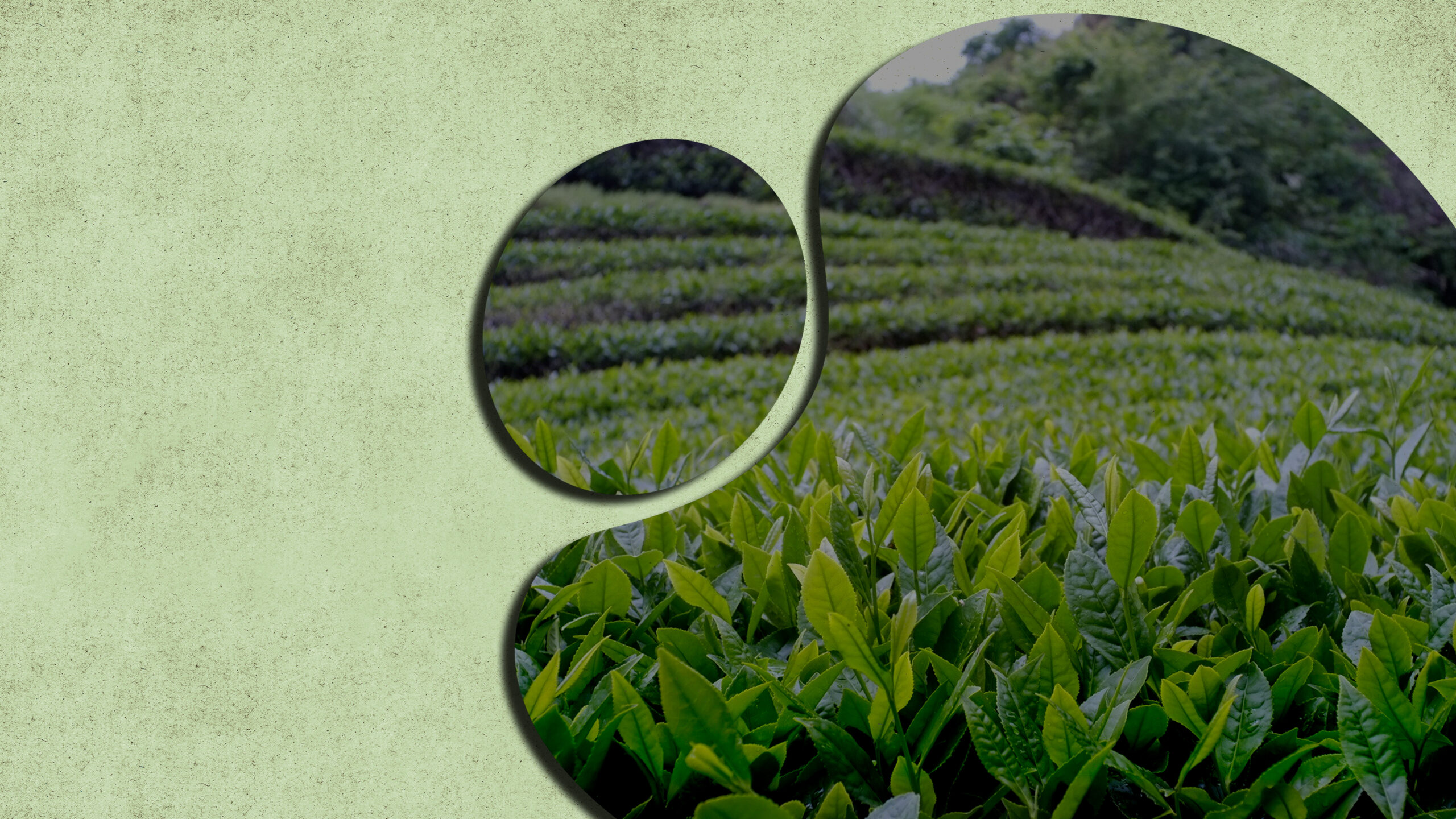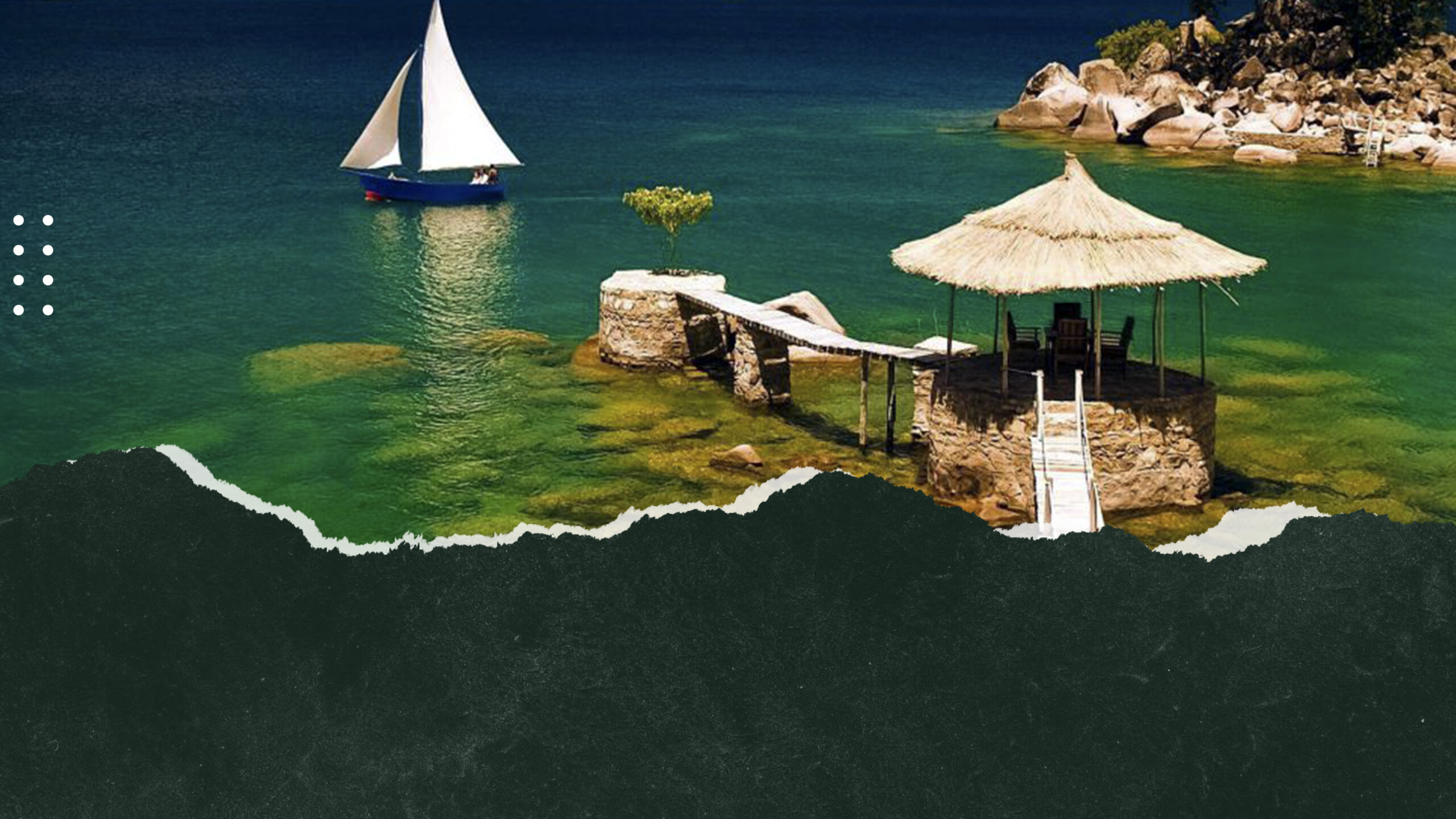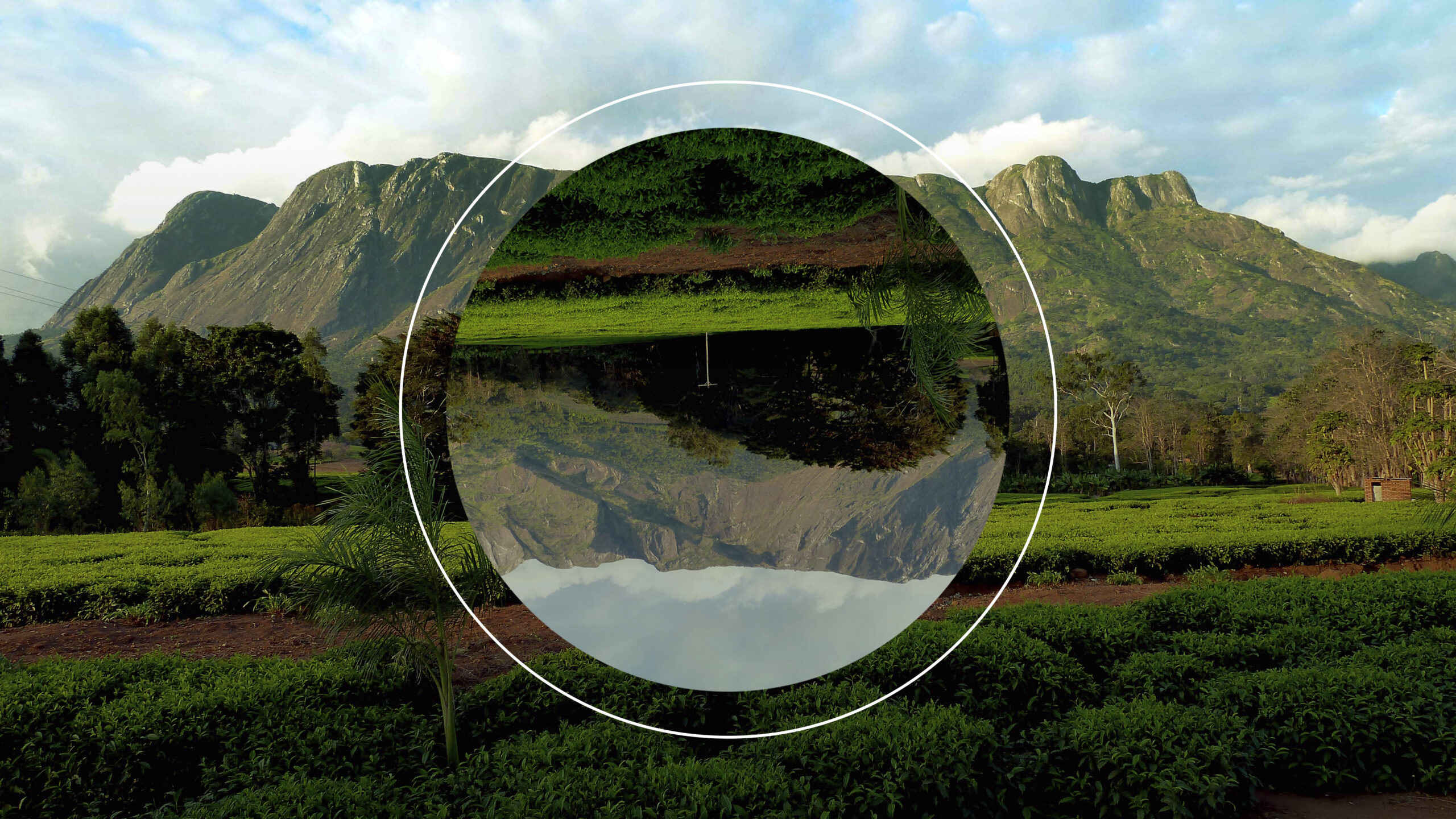USEFUL INFO - ENTERTAINMENT

Most of entertainments offered in Malawi sell tickets which can be purchased at the venue alternatively by calling the individual or organisation. Notice boards within sports clubs, schools, travel agencies, campsites, local pubs, hotels and lodges would normally have adverts on display. It’s always wise to find out which area the entertainment is going to be taking place, and what transportation is available to and from, including running times. Where possible speak to the receptionist or management of where the advert was displayed. The more you know about the area and its activities the more secure you’ll feel. Majority of the times Malawians will offer you transportation, it’s very rare that a new face sits alone, as everyone knows everyone, therefore when a new face arrives they’ll want to be-friend you.
Most outdoor activities take place on the weekend, while the night tends to bring the clubs and pubs alive. Whatever tickles your fancy, you’ll probably find it in Malawi, however acquiring that information is always the most difficult part unless you’ve made a few local friends.
Events and Entertainment Listings
Gule Wamkulu (Big Dance)
Malawi is a country rich in the different cultures of its diverse population. It is of paramount importance that each visitor to the region exposes him/herself to different aspects of the cultures on show within the country’s borders.
One of the most unique and interesting cultural events that attracts a lot of interest from tourists and Malawi citizens alike is the Gule Wamkulu (big dance). The Gule Wamkulu is performed by the Chewa and Mang’anja of Malawi and is associated with heavily carved masks, feathers and skin paint. It is an important event in Malawian culture associated with mystery and intrigue.
The Gule Wamkulu are appointed by the chief of the viallage and only he knows the true identities of these individuals. Some say to be a Gule you have to be a witch doctor as to connect with spirits and remove evil from the village. In the time of the lake Dr H Kamuzu Banda, the Gule Wamkulu performed at every one of his gatherings, and whilst they paraded to the fields and stadiums every Malawian in the streets regardless of age would run, due to the intimidating look and myth associated with them.
The Gule Wamkulu ceremonies consist of formally organized dances to admire the remarkable physical abilities of these individuals – considered to be adept at their dance as a result of their spiritual state. Informally, Gule Wamkulu, or “Gule” is a term associated with anyone who participates in the rituals of these secret societies. The peak season for Gule occurs in July, with young men dressed as ancestral animals, trees, or in masks of ancestral spirits. The Gule themselves are initiated through formal ceremony into this society. Gule are considered to be in ‘animal state’ when they are dressed in such attire, and are not to be approached. If one has the misfortune of passing a Gule on the road, traditional behavior consists of dropping a few coins for the Gule – never handing them the money directly for fear they will grab you and take you to the cemetery for ritual purposes. Generally, it is best to avoid Gule in informal situations. In their animal or ancestral state, they are unpredictable.

